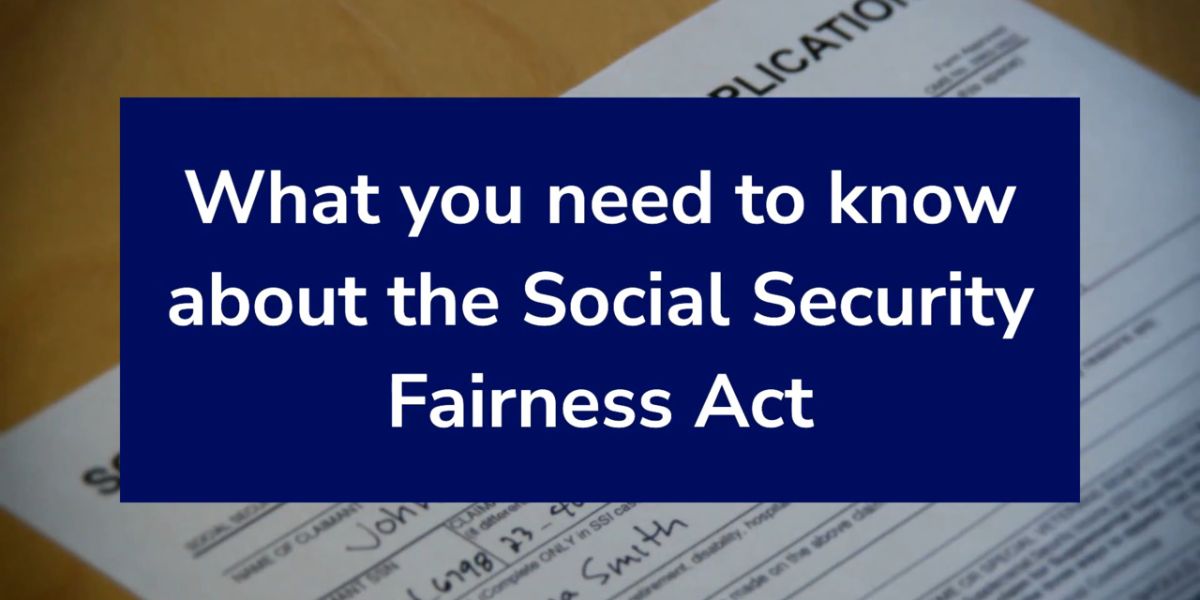Elizabeth McCoy thinks about money all the time. In central Indiana, the 61-year-old woman and her husband are having a hard time making ends meet. She said that their Social Security checks won’t be enough to live on as they get older.
McCoy said she started getting $1,620 a month in Social Security Disability checks about 10 years ago. She worked in retail and real estate for many years and was looking forward to being more at ease in retirement.
She thinks that her monthly SSDI benefits will go up by a couple hundred dollars when she turns 62 and starts getting regular Social Security, but she won’t have much money left over. She also said that her husband will start getting Social Security once he stops working full-time at a home improvement shop, but that may not happen for a while. For the couple to stay alive financially, he will have to “work until he just can’t,” McCoy said.
Even though they tried to save money, McCoy said that medical bills and the high cost of living used up all of their money. She is afraid that she will have to take money out of the couple’s 401(k) account too soon, which means they might not have enough money when they die.
“It’s all we can do,” she said. “But to live on Social Security — which is coming very quickly for both of us — is scary.”
Seniors in the U.S. like McCoy have to make big choices about their money, like how much to save, how much to spend, and whether their income will be enough to pay their bills. One in five US people over 50 said they didn’t have any savings for retirement, and Social Security doesn’t always cover all of your costs. Business Insider has heard from more than 1,000 baby boomers who are facing similar problems in retirement.
McCoy said that unplanned medical bills ruined her plans to retire.
McCoy said that her costs, like rent, food, energy, medical care, and other things, can be “frightening.” She does some graphic design work on the side, but to get SSDI, her monthly income can’t be more than $1,550. She thinks that she and her husband will be able to live on less than $3,000 a month from Social Security after they retire. This is a little more than the federal poverty line and too much for most types of government aid.
It costs McCoy a lot of money to live in Indiana, and she plans to pay off her mortgage “until we’re old-old.” She also said that her 26-year-old son lives there. He works full-time, but the rent in this area is high, and McCoy told him she would help him save money. Gen Zers just starting out in their careers are living with their parents more and more because rent prices are going through the roof.
McCoy said that she and her husband have shared 401(k) funds, which are in her husband’s account. She doesn’t want to use the money too soon, though. They worked hard to make sure they would have enough money in her golden years, and McCoy hoped she wouldn’t have to touch their 401(k) until she was well into her retirement.
Medical bills got in the way of that plan. McCoy said that their money was used up by unplanned treatments and hospital stays for her and her husband. She and her husband have some insurance through his job, but McCoy said the costs are high. She is afraid that future medical bills will put her out of money if she doesn’t use her 401(k).
“A really great life financially can quickly go away,” she noted. “And then you find yourself in your 60s, and you’re scrambling to get savings back.”
McCoy also said that her tight budget has made it harder for her to hang out with friends. Neighbors and friends often want to get together for meals at places, but McCoy says she can’t afford to do that. She said it feels lonely.
McCoy told people who wanted to retire that they should build up a strong collection of cash and investments. She wishes she had been more frugal when she was younger, and she suggested that people save money in tax-advantaged Roth IRAs, mutual funds, CDs, and 401(k) plans.


 by
by 




